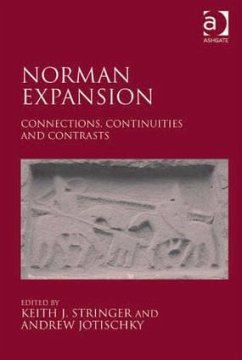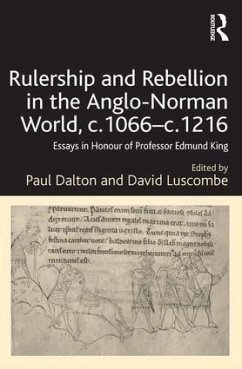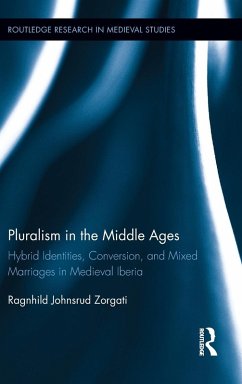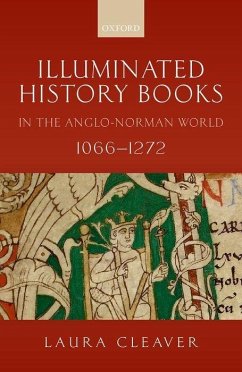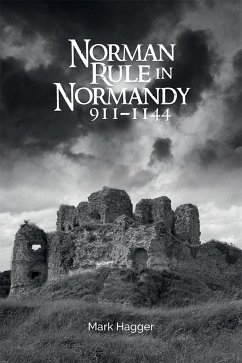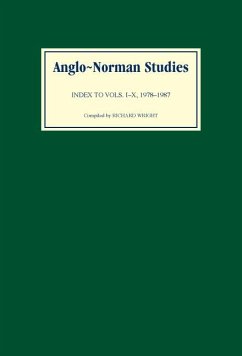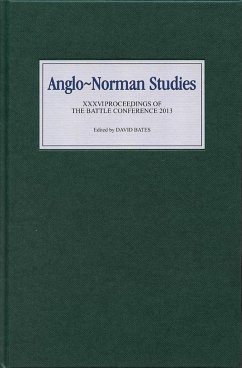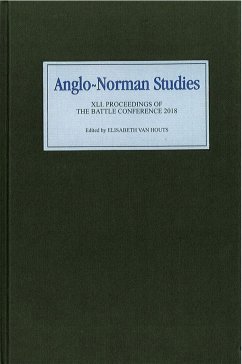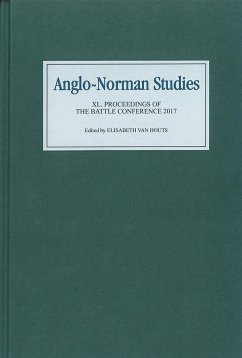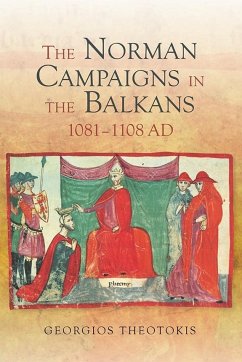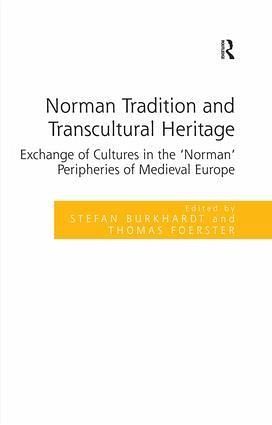
Norman Tradition and Transcultural Heritage
Exchange of Cultures in the 'Norman' Peripheries of Medieval Europe
Versandkostenfrei!
Versandfertig in 1-2 Wochen
177,99 €
inkl. MwSt.
Weitere Ausgaben:

PAYBACK Punkte
89 °P sammeln!
The Normans have long been recognised as one of the most dynamic forces within medieval western Europe. With a reputation for aggression and conquest, they rapidly expanded their powerbase from Normandy, and by the end of the twelfth century had established themselves in positions of strength from England to Sicily, Antioch to Dublin. Yet, despite this success recent scholarship has begun to question the 'Norman Achievement' and look again at the degree to which a single Norman cultural identity existed across so diverse a territory. To explore this idea further, all the essays in this volume ...
The Normans have long been recognised as one of the most dynamic forces within medieval western Europe. With a reputation for aggression and conquest, they rapidly expanded their powerbase from Normandy, and by the end of the twelfth century had established themselves in positions of strength from England to Sicily, Antioch to Dublin. Yet, despite this success recent scholarship has begun to question the 'Norman Achievement' and look again at the degree to which a single Norman cultural identity existed across so diverse a territory. To explore this idea further, all the essays in this volume look at questions of Norman traditions in some of the peripheral Norman dominions. In response to recent developments in cultural studies the volume uses the concepts of 'tradition' and 'heritage' to question the notion of a stable pan-European Norman culture or identity, and instead reveals the degrees to which Normans adopted and adapted to local conditions, customs and requirements in order to form their own localised cultural heritage. Divided into two sections, the volume begins with eight chapters focusing on Norman Sicily. These essays demonstrate both the degree of cultural intermingling that made this kingdom an extraordinary paradigm in this regard, and how the Normans began to develop their own distinct origin myths that diverged from those of Norman France and England. The second section of the volume provides four essays that explore Norman ethnicity and identity more broadly, including two looking at Norman communities on the opposite side of Europe to the Kingdom of Sicily: Ireland and the Scandinavian settlements in the Kievan Rus. Taken as a whole the volume provides a fascinating assessment of the construction and malleability of Norman identities in transcultural settings. By exploring these issues through the tradition and heritage of the Norman's 'peripheral' dominions, a much more sophisticated understanding can be gained, not only of th




